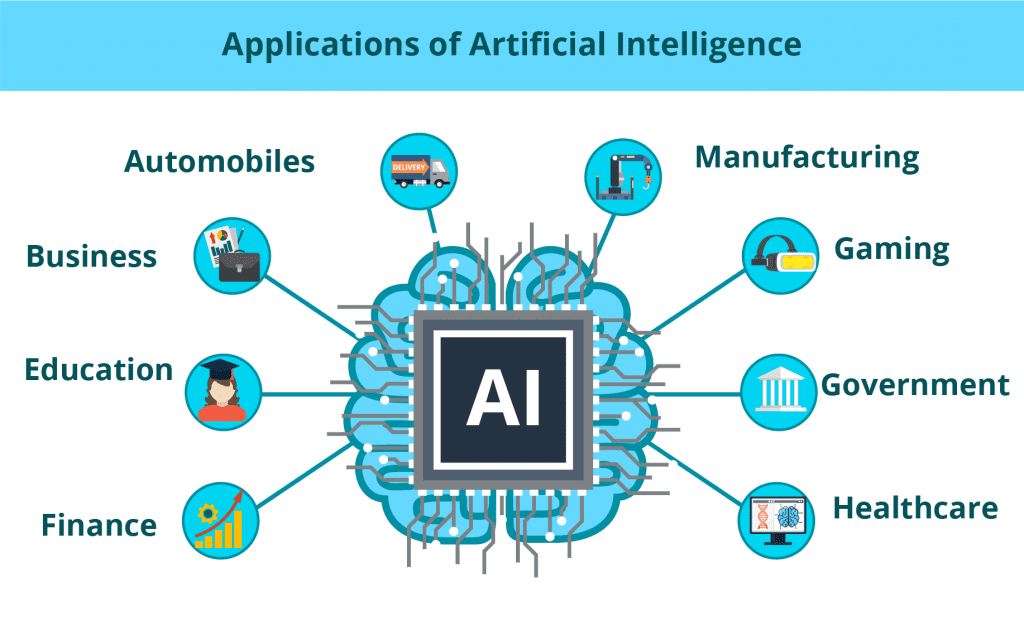The Many Uses of AI: How Artificial Intelligence is Transforming Our World
Artificial Intelligence (AI) is no longer a futuristic concept—it’s already an essential part of our daily lives. From voice assistants to self-driving cars, AI is revolutionizing industries and making tasks faster, smarter, and more efficient. Let’s explore some of the most powerful uses of AI across different fields.
1. AI in Healthcare 🏥
AI is playing a game-changing role in medical diagnosis, treatment, and patient care.
🔹 Disease Detection: AI analyzes medical images (X-rays, MRIs) to detect diseases like cancer early.
🔹 Virtual Health Assistants: AI chatbots help patients with medical queries and appointment scheduling.
🔹 Drug Discovery: AI speeds up the process of finding new medicines, saving years of research.
2. AI in Finance 💰
Banks and financial institutions use AI for fraud detection, risk management, and automation.
🔹 Fraud Prevention: AI identifies unusual transactions and flags potential fraud.
🔹 Automated Trading: AI-powered algorithms analyze market trends and make investment decisions.
🔹 Chatbots & Customer Support: AI handles queries and assists customers 24/7.
3. AI in Education 📚
AI is transforming learning by making it more personalized and accessible.
🔹 Smart Tutors: AI-powered platforms provide personalized learning experiences based on students’ progress.
🔹 Automated Grading: AI saves teachers’ time by grading assignments and exams.
🔹 Language Translation: AI enables learning in multiple languages through instant translations.
4. AI in Entertainment 🎬
AI enhances our entertainment experiences in ways we don’t even notice.
🔹 Content Recommendations: AI suggests movies, shows, and music on platforms like Netflix and Spotify.
🔹 Video Game AI: AI improves gameplay by making non-player characters (NPCs) more realistic.
🔹 Deepfake Technology: AI creates realistic digital effects for movies and advertisements.
5. AI in Business & Marketing 📈
AI helps businesses optimize operations, understand customers, and drive sales.
🔹 Chatbots: AI chatbots provide instant customer support.
🔹 Predictive Analytics: AI forecasts sales trends and helps businesses make better decisions.
🔹 Ad Targeting: AI tracks user behavior to display personalized ads.
Final Thoughts
AI is reshaping every industry, making processes faster, smarter, and more efficient. While it brings immense benefits, we must also address challenges like job displacement and ethical concerns. As AI continues to evolve, its impact will only grow stronger, shaping the future in ways we can’t yet imagine.
💡 What’s your favorite AI-powered technology? Let’s discuss in the comments! 😊


Comments
Post a Comment